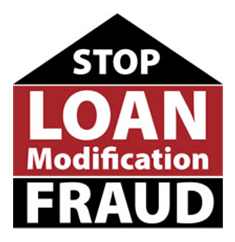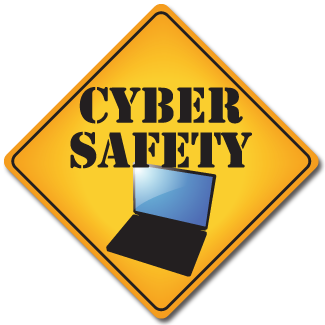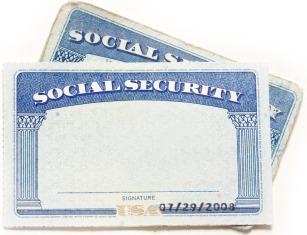Foreclosure Headlines — Here’s How to Protect Yourself From Scams
Turn on the news or scroll through social media, and you’ll probably see another headline about foreclosures.
“Foreclosures Are Rising”
“Foreclosures Are a Hot Investment”
While these stories often focus on trends or investors, they overlook the real people behind the numbers—homeowners fighting to stay in their homes. If you're struggling with mortgage payments, it’s easy to feel overwhelmed and vulnerable.
Unfortunately, foreclosure scams target people in exactly that position.
To help you avoid becoming a victim, here are four critical tips from the Federal Reserve Board on how to steer clear of foreclosure scams:
1. Don’t Pay an Arm and a Leg
There is a legal fee associated with hiring an attorney. Some law firm permit monthly payments which make hiring an attorney much more affordable.
Red flags to avoid:
Requests for payment only by cashier’s check or wire transfer2. Beware of Guarantees
Not even the best attorney or —can guarantee to stop foreclosure.
Law firms should will help you explore your options, like loan restructure, repayment plan, forbearance, but they won’t promise results they can’t control.
If someone says they can guarantee a specific result, walk away. Always get everything in writing.
3. Know What You’re Signing — and Who You’re Signing It With
Never sign anything you haven’t read or don’t fully understand.
And don’t:
Sign blank documents
Allow someone to “fill out the paperwork for you”Sign anything that could transfer ownership of your home without first consulting an attorney
Slow down, ask questions, and seek legal advice.
4. If It Sounds Too Good to Be True, It Probably Is
Trust your gut. If you're hearing is Big Promises that’s a sign to be cautious.
If you believe you've been targeted by a scam, report it—and don’t delay in seeking legitimate help.
Bottom Line: You Don’t Have to Face Foreclosure Alone
Protect yourself by working only with trusted legal professionals, getting everything in writing, and knowing your rights. There is real help out there—you just have to know where to look.
Consult with a qualified foreclosure attorney right away.















